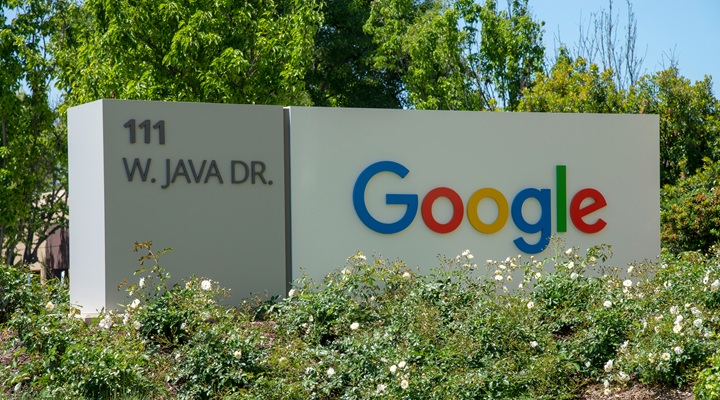The law firm Slater and Gordon is currently investigating a potential class action against Google in relation to its anti-competitive digital advertising practices.
The law firm said it will investigate whether Australian advertisers have been overcharged by Google as a result of its dominance in the local advertising market.
“For the average small or medium Australian business, there is little alternative to Google, and no room to challenge the fees Google can extract,” said the firm in a May 29 statement.
“As a result, sellers virtually have no choice but to use Google’s advertising services, spending thousands of dollars a month, in addition to having to pay Google a significant commission on every piece of online ad space that they buy.”
Slater and Gordon is looking to represent businesses of any size that have used Google technology (Google Ads, AdWords, DV360, or AdX) to purchase online ads since May 2019.
In a statement, the firm said its investigation is likely to lead to a class action against Google. If successful, the action could result in advertisers being reimbursed for excess advertising fees, on the basis that Google allegedly overcharged them due to its market dominance.
Aussie business owners are all too familiar with Google’s hegemony
Google’s hegemony over the local advertising market is well known to small-business owners in Australia. And it’s not just its paid ads services that are a problem.
ISB recently published the story of business owner Matt Holyoake, whose Google Business Profile was taken down with no warning or explanation. Like many local and service-based businesses, Holyoake’s cleaning enterprise is dependent on Google’s Business Profile for a significant portion of its customer base. The unexplained shutdown of his account cost the business owner significantly.
“If you’re a local business, being findable on Google isn’t optional,” said Holyoake. “There’s no comparable platform you can run to if you’re not happy with Google.”
Though Google Business Profiles is a free service, Google reaps the benefits of both data and further market dominance from its community of dedicated users, Holyoake pointed out.
“A few changes would go a long way to helping protect small businesses from Google, or any other future platform that may accumulate the power to damage them at such a significant scale,” he said.
A global power struggle
If Slater and Gordon launches a class action against Google, it won’t be the first time the tech giant has been challenged over its market dominance. In 2023, the US Department of Justice found that Google had monopoly power over key digital advertising technologies and had engaged in anticompetitive conduct.
Then there have been other local actions against Google – though, according to Slater and Gordon, these have focussed on ad publishers (i.e. the websites hosting the ads), while this investigation focusses on the advertising businesses themselves.
“Google’s power in the ad tech industry is so extensive that the vast majority of ads you see online – whether on websites or in search results – will have gone through one of Google’s platforms, allowing Google to extract its high fees and earn millions from Australian businesses,” said Slater and Gordon Practice Group Leader Ben Hardwick.
“Many of these Australian businesses are start-ups or small to medium businesses – the job-creating lifeblood of Australia’s economy – who have little choice but to operate and advertise online,” Hardwick continued. “With their profit margins already cut to the bone, these high fees are adding to the cost of doing business.”














